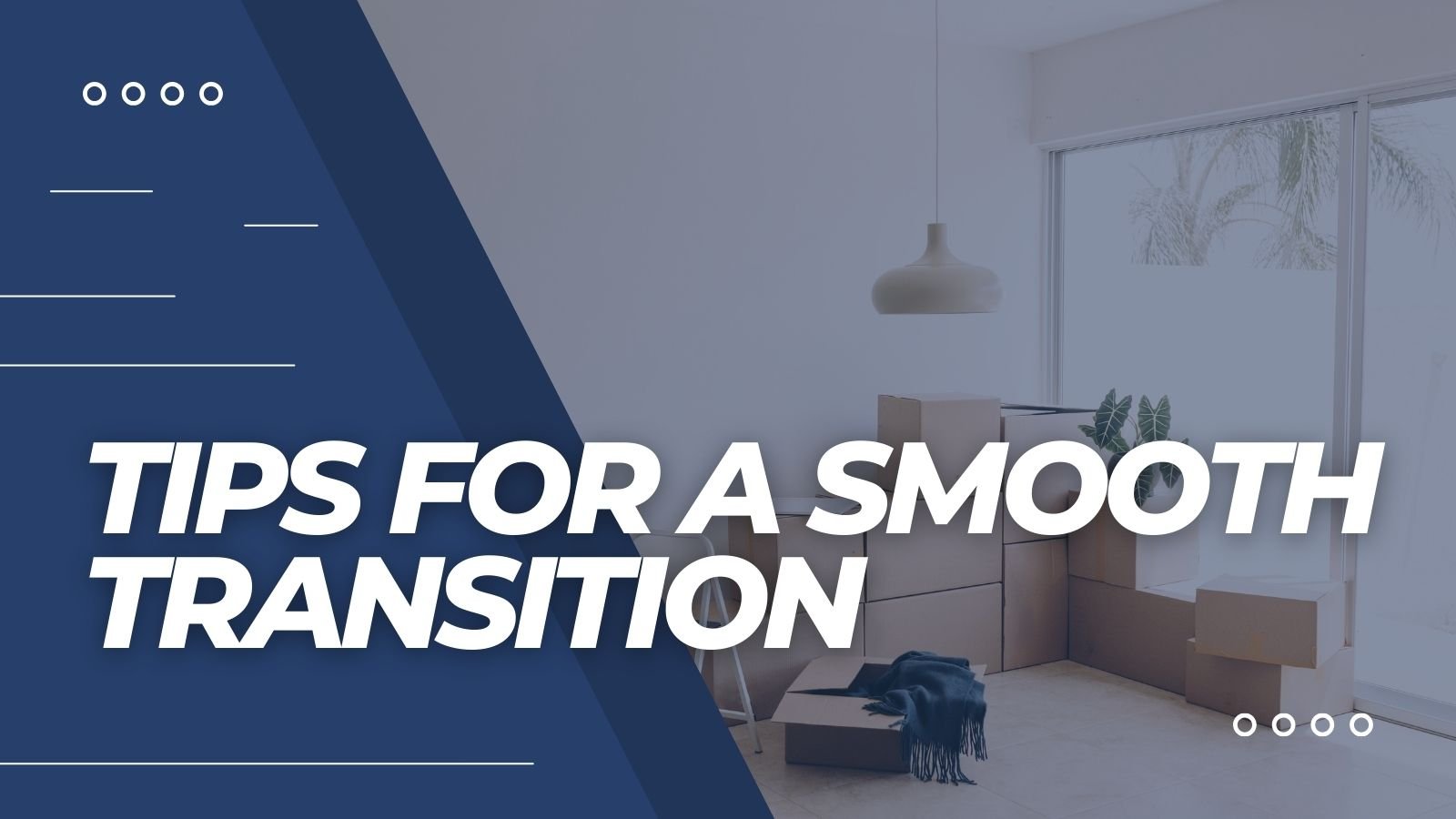Owning a home is a significant milestone, representing a financial investment and a place to call your own. To safeguard this valuable asset, homeowners must prioritize insurance coverage tailored to their specific needs. In this blog post, we explore the importance of insurance for homeowners, outlining key considerations and strategies to protect your investment in the most effective manner.
Understanding Homeowners Insurance
Homeowners insurance is a fundamental component of responsible homeownership. It provides financial protection against unforeseen events that could result in damage or loss to your property. This coverage extends beyond the physical structure of your home and often includes protection for personal belongings, liability coverage, and additional living expenses in the event of temporary displacement.
Assessing Coverage Needs
The first step in securing adequate insurance is assessing your coverage needs. Consider the replacement cost of your home, the value of your personal belongings, and any potential liability risks. Conducting a thorough inventory of your possessions can help determine the appropriate coverage for your unique circumstances.
Types of Homeowners Insurance Coverage
1. Dwelling Coverage: Protects the physical structure of your home, including the walls, roof, floors, and built-in appliances.
2. Personal Property Coverage: Covers the replacement or repair of personal belongings such as furniture, electronics, and clothing in the event of covered perils.
3. Liability Coverage: Offers financial protection if someone is injured on your property and you are found liable. This coverage can also extend to legal expenses.
4. Additional Living Expenses (ALE): Covers temporary living expenses if your home becomes uninhabitable due to a covered event, such as a fire or natural disaster.
Factors Influencing Insurance Costs
Several factors influence the cost of homeowners insurance. These include the location of your home, its age, the construction materials used, and claims history. Additionally, factors such as a security system, proximity to a fire hydrant, and the roof’s condition can impact premium rates. Working with an experienced insurance agent can help you navigate these considerations and find a balance between coverage and affordability.
Specialized Coverages
You may require additional specialized coverages depending on your location and specific needs. For example, residents in flood-prone areas may need a separate flood insurance policy. Similarly, earthquake insurance may be essential for those living in seismic zones. Understanding the unique risks associated with your geographical location is crucial in ensuring comprehensive coverage.
Periodic Policy Reviews
As a responsible homeowner, conducting periodic reviews of your insurance policy is essential. Changes in home value, renovations, or the acquisition of high-value items may necessitate adjustments to your coverage. Regularly reviewing your policy with your insurance agent ensures optimal protection for your evolving circumstances.
Bundling Insurance Policies
Consider bundling your homeowners’ insurance with other policies, such as auto insurance, to benefit from cost savings. Many insurance providers offer discounts for bundling, making it a practical and cost-effective strategy for comprehensive coverage.
Choosing the Right Insurance Provider
Selecting a reputable and reliable insurance provider is paramount. Research potential providers, read reviews, and consider their customer service reputation. A responsive and supportive insurance partner is crucial, especially when you have a claim.
In conclusion, insurance for homeowners is a proactive and essential step in protecting your investment. Understanding your coverage needs, exploring different policy options, and working with a trusted insurance professional is vital in securing comprehensive protection. By prioritizing insurance, you not only mitigate financial risks but also gain peace of mind, allowing you to enjoy the benefits of homeownership fully.






